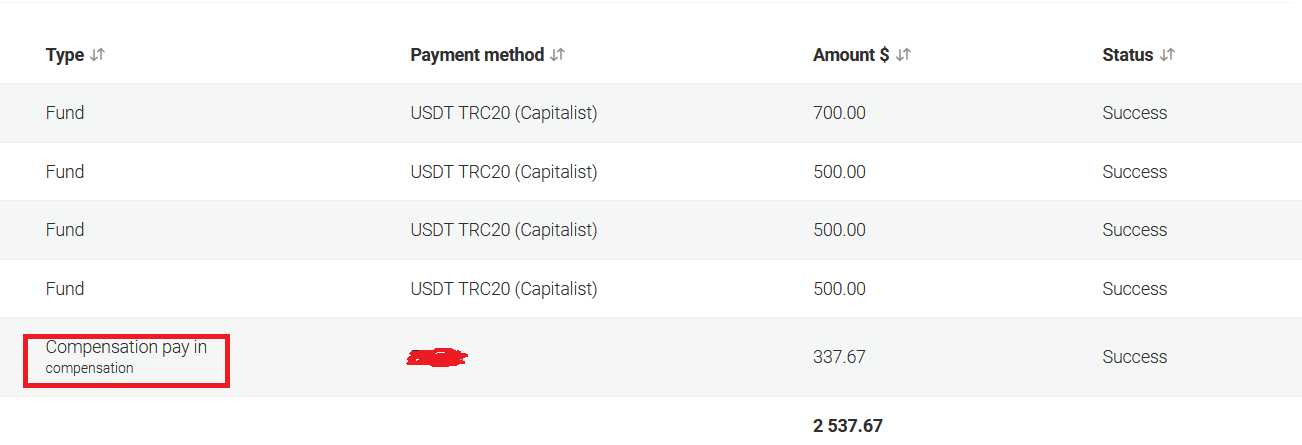Tomcat
Professional
- Messages
- 2,687
- Reaction score
- 1,036
- Points
- 113
Hello, this is Tomcat - Today we’ll talk about an equally important topic in our field, and this is only a small part of what is happening, you can’t keep track of everything)
Content
How your traffic can be shaved:
How they cheat in traffic arbitrage courses:
How fake account stores work:

How bots work in advertising networks:
Deception scheme:
(c) https://trafficmafia.net/articles/kakoj-byvaet-skam-v-arbitrazhe-trafika/
Content
- Introduction
- Types of scam
- Shave
- Arbitration courses
- Fake account shops
- Fake users in push networks
- Paid consumables when joining a team as a remote worker
- Conclusion
Introduction
Traffic arbitrage, like a magnet, attracts not only enterprising people, but also those who strive for quick profit through dishonest means. Scam in this area only increases every year, taking on a wide variety of forms. In order not to become deceived, it is important to know what types of scam there are; today we will look at 5 popular methods of deception.Types of scam
Shave
Shave is one of the most common types of fraud in traffic arbitrage, when an advertiser deliberately hides part of the conversions so as not to pay the arbitrator a well-deserved remuneration.How your traffic can be shaved:
- Changing the postback URL: Changing the postback link allows the advertiser to redirect some conversions to another offer or hide them altogether.
- Using scripts: Special scripts can automatically filter out some conversions or attribute them to other traffic sources.
- Manual filtering: The advertiser can manually filter and reject conversions that seem suspicious to him.
Arbitration courses
The desire of beginners to master traffic arbitrage and start earning money attracts not only honest teachers, but also scammers. They create fake courses that promise mountains of gold, but in reality they provide irrelevant information that makes no sense to study.How they cheat in traffic arbitrage courses:
- Big words: Scammers lure students with promises of quick and easy money, secret strategies and guaranteed success.
- Fake Testimonials and Case Studies: They use fake reviews and case studies to create the illusion that their courses are effective.
- Lack of real knowledge: Courses often contain outdated or useless information that will not help you succeed in arbitration.
- Hidden fees: In addition to the cost of the course, scammers may demand additional payments for access to “exclusive” materials or individual consultations.
- Selling “magic” tools: You may be offered to buy special programs, bots or services that supposedly guarantee success in arbitration.
Fake account shops
In traffic arbitrage, accounts of social networks and advertising platforms are a working tool. Fraudsters take advantage of this and create fake account stores to deceive affiliates and defraud them of money.How fake account stores work:
- Create an attractive website: Fraudsters develop a website that looks like a real account store. They post information about different types of accounts, prices, reviews and even guarantees.
- Offer low prices: To attract customers, fake stores set prices below market prices. This lures arbitrage traders who are looking for profitable offers.
- Use fake reviews: Fraudsters post fake positive reviews on a website to create the illusion of reliability and trust.
- Disappears after receiving money: Once the scammers receive the money, they disappear. The site may continue to work, but after payment you will not be given any file with accounts.
Fake users in push networks
Despite the development of technology, bots in advertising networks remain a pressing problem. This is especially true for such verticals that can be cast from push networks such as dating, sweeps, etc., where fraud with bots can be especially profitable. Of course, you can always write to your manager and sometimes you can be reimbursed for your expenses. It is not always the push network itself that is to blame; you can also be deceived by the site owner himself, who specifically forces bots onto the site.
How bots work in advertising networks:
- Simulate the actions of real users: Bots are programmed to perform certain actions, for example, clicking on ads, filling out forms, registering, installing applications.
- Generating Fake Traffic: Bots generate a lot of traffic that looks real but doesn't lead to conversions.
- Distortion of statistics: Due to bot traffic, the affiliate receives incorrect information about the effectiveness of the advertising campaign, which leads to losses.
Paid consumables when joining a team as a remote worker
Traffic arbitrage attracts not only experienced professionals, but also beginners who dream of making money in this area. Fraudsters take advantage of this and create fake vacancies to deceive gullible applicants.Deception scheme:
- You find an attractive position on the arbitration team.
- Go through an interview where you are promised mountains of gold and rapid career growth.
- They hire you for a “probationary period,” but with one condition: you need to buy accounts, payment systems, or special software for the job.
- The scammers claim that this is standard practice and all expenses will be recouped later.
- You pay money, but you never receive any work or the promised accounts.
Conclusion
When you are looking for a job in traffic arbitrage or any other field, remember that there may be scammers who are trying to scam you. Be careful not to pay money for something that doesn't make sense or isn't standard practice. Do your due diligence on the companies you deal with and don't make hasty decisions without thoroughly researching the situation.(c) https://trafficmafia.net/articles/kakoj-byvaet-skam-v-arbitrazhe-trafika/

